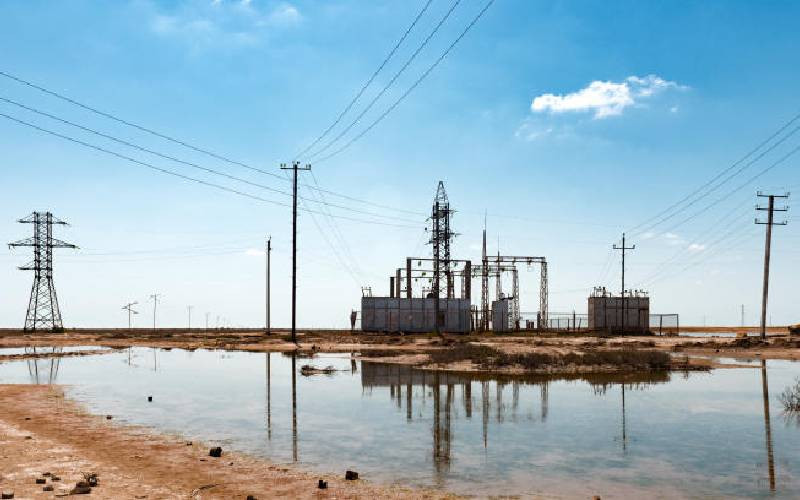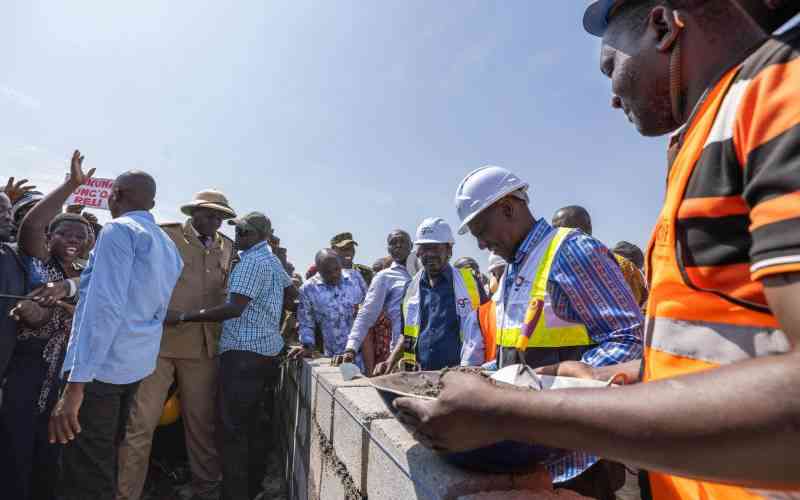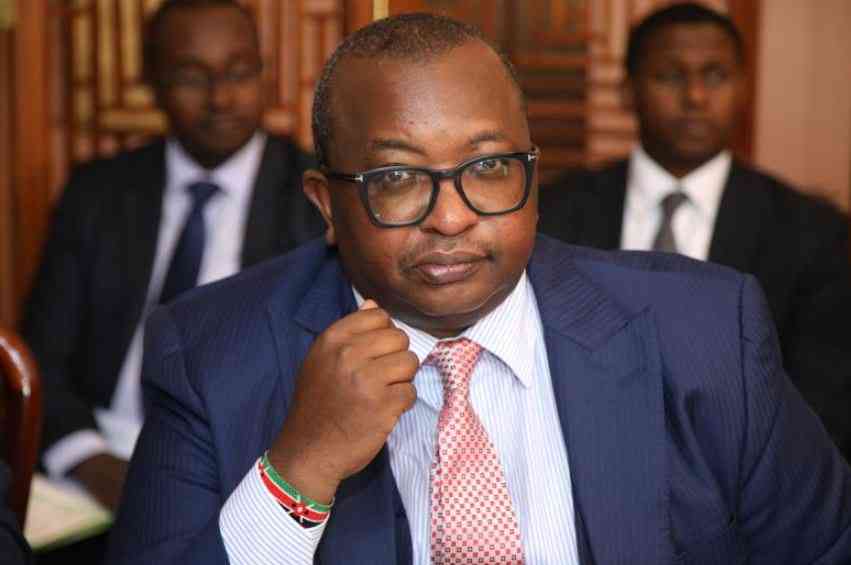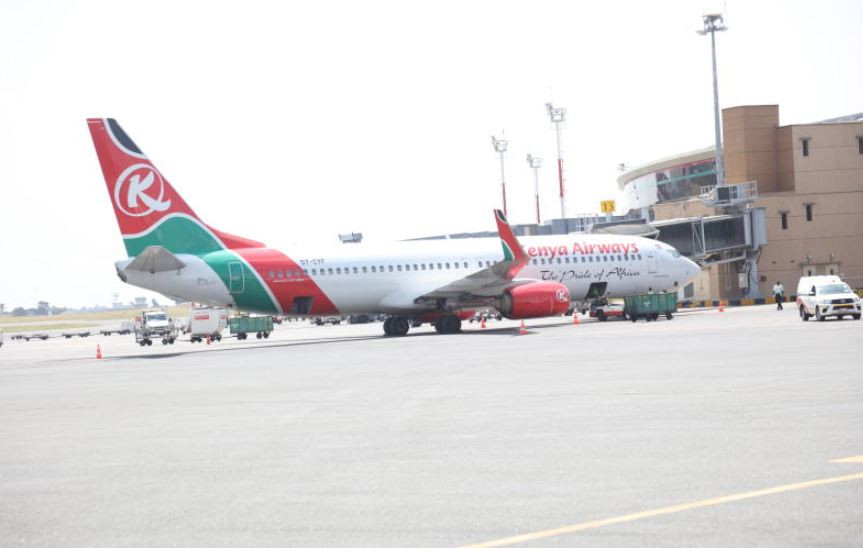×
The Standard e-Paper
Kenya's Bold Newspaper

In a country where many are fighting just to survive, a few are living in a world of excess-driving luxury cars, buying mansions, and calling themselves business moguls, even though no one can quite explain the businesses they claim to run. It's a bitter contrast. While taxes rise and businesses fold, the majority are left scrambling for scraps, their dreams of a better life slowly slipping away.







